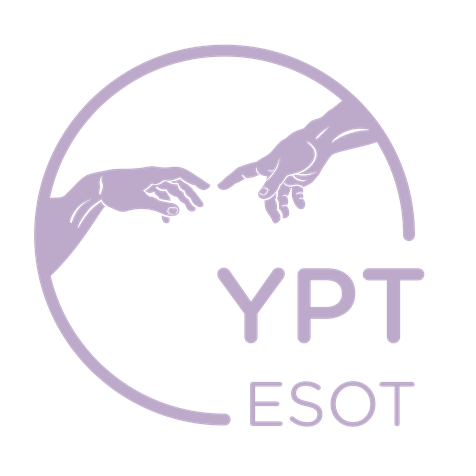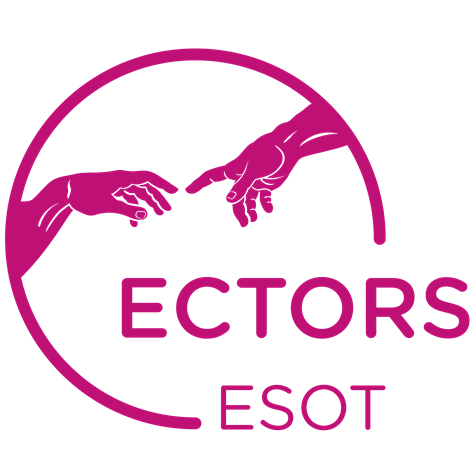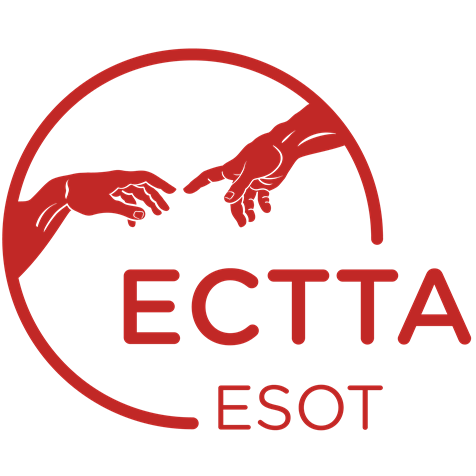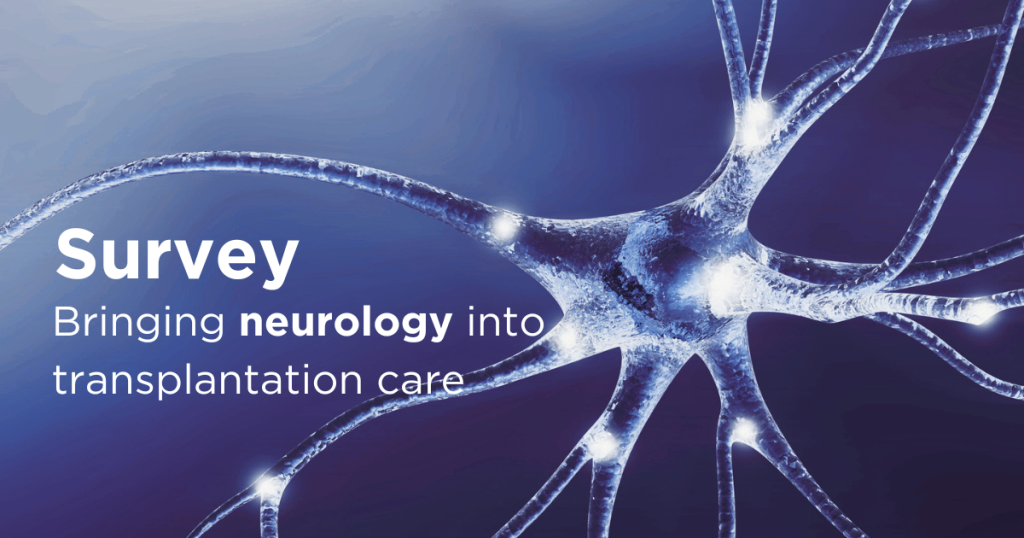In recent years, there has been growing attention to the intricate connection between peripheral organ failure and brain health. Neurological complications are not uncommon during the later stages of vital organ disease, and the challenges do not end with transplantation. Even after restoring peripheral organ function, solid organ transplant (SOT) recipients remain vulnerable to a variety of perioperative neurological issues, ranging from cognitive impairment to neurotoxicity associated with immunosuppressive therapy.
Despite the clinical significance of these complications, the field of neurology is often underrepresented in transplantation care. We believe it’s time to change that.
Why This Matters
There is a critical need to build stronger interdisciplinary connections between neurology and transplant medicine. By promoting collaboration and establishing shared clinical pathways, we can better manage comorbidities, reduce complications, and enhance the quality of life for transplant recipients.
Help Shape the Future: Take Our Survey
We are launching a survey aimed at understanding the extent of neurologists’ involvement in the care of SOT candidates and recipients. We are particularly interested in:
– When neurologists are consulted during the transplant process
– Whether they take part in multidisciplinary eligibility discussions
– Their role in diagnosing and managing neurological complications after transplantation
– Current research initiatives exploring the intersection of neurology with systemic disease and transplantation
– The unmet clinical and educational needs in this emerging field
The survey will take only 8–10 minutes to complete, and your insights will be invaluable in shaping future collaborations, research priorities, and clinical practices. Thank you for your participation!
🔗 https://www.surveymonkey.com/r/SLZSJRK
Together, let’s bring neurology into the heart of transplant care.













